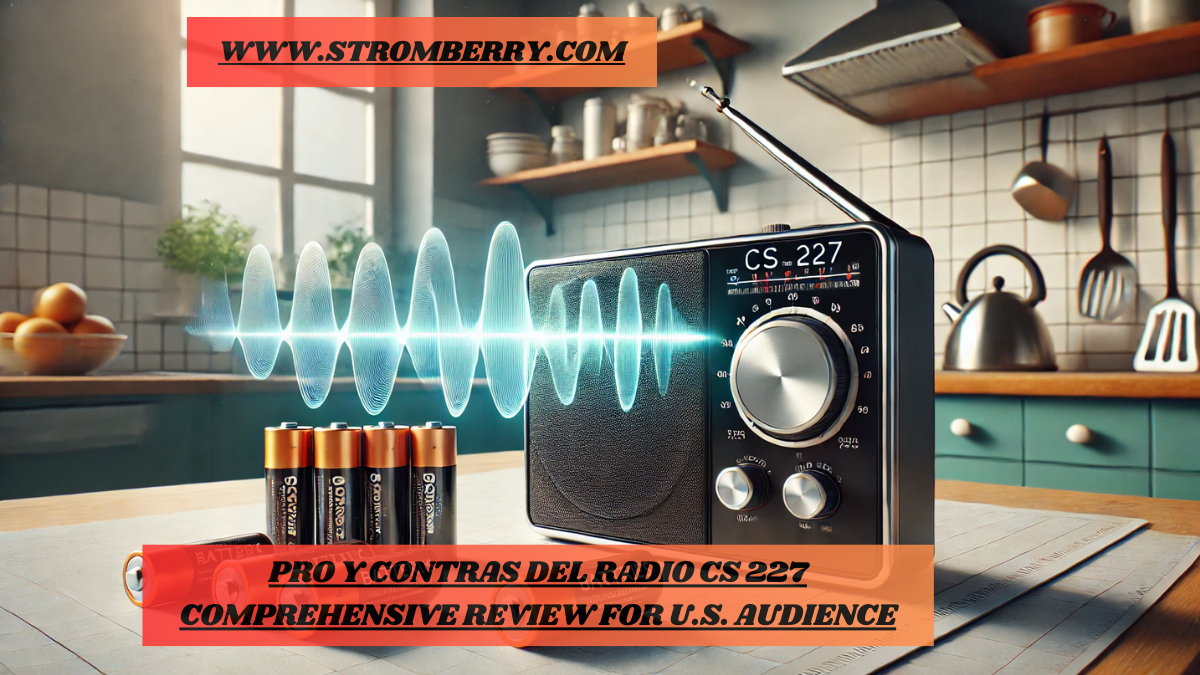Neuro-optometry is a specialized field within optometry that focuses on the connection between the brain and vision. It examines how neurological disorders, injuries, or conditions can impact visual function and how specific Neuro-Optometric therapies might enhance or restore those functions.
Whether you’re an athlete, recovering from an injury, or simply curious about its applications, neuro-optometry opens doors to understanding the complex relationship between the brain and the eyes. This article will provide a comprehensive overview of neuro-optometry by discussing how it works, who benefits from it, and its real-world applications.
What Is Neuro-Optometric?
Neuro-optometry focuses on how neurological and visual systems interact. It evaluates and addresses visual issues resulting from brain injuries, neurological conditions, or developmental disorders. Unlike regular eye exams, neuro-optometric evaluations assess more than just clarity of vision. They look at eye movement, focusing abilities, and how efficiently the brain processes visual information.
The goal of neuro-optometry is to improve visual performance through tailored vision therapy and specialized tools. Treatments often involve non-invasive techniques, using activities such as exercises or lenses to enhance the brain-eye connection. This careful and focused process can make a big difference for patients working on regaining or refining their visual functions.
Who Can Benefit from Neuro-Optometry?
Neuro-optometry caters to various groups, including athletes, stroke survivors, individuals with traumatic brain injuries, and those experiencing developmental delays. Athletes can use neuro-optometric care to enhance visual tracking, coordination, and reaction times, giving them a competitive edge. This often involves tailored vision exercises aligned with specific sports goals.
For patients recovering from strokes or concussions, neuro-optometry therapy offers tools to assist with adapting to or overcoming vision impairments. This approach focuses on regaining independence and stability in daily life, with solutions tailored to meet a patient’s unique needs and experiences. This helps patients regain vision and improve quality of life.
What Application of Neuro-Optometry in Rehabilitation?
Rehabilitation through neuro-optometry often plays a key role in addressing vision problems after neurological injuries. Individuals recovering from a concussion may experience blurred vision, light sensitivity, or difficulty focusing. Neuro-optometric therapies aim to improve these symptoms over time through consistent and customized interventions.
Neuro-optometry can assist with the rehabilitation process for survivors of traumatic brain injuries. Many experience challenges such as double vision or dizziness when reading or moving. Specialized exercises, glasses, or vision therapies can help create a smoother visual experience, improving their ability to work, read, and perform other key activities.
How Neuro-Optometry Enhances Athletic Performance?
Athletes can highly benefit from neuro-optometric tools to elevate their visual performance in competition. Excellence in sports often depends on superior hand-eye coordination, quick decision-making, and dynamic visual focus. Neuro-optometric training focuses on sharpening these skills.
For instance, exercises might involve tracking fast-moving objects or improving depth perception under pressure. By enhancing these abilities, neuro-optometry not only aids athletic precision but also helps reduce potential errors in real-time scenarios, boosting confidence on and off the field.
Treatments
Neuro-optometry provides a deeper understanding and targeted solutions for the intricate connection between the brain and vision. Its applications—ranging from rehabilitation to athletic performance—have significant impacts on the quality of life and achievement of personal goals. If you are exploring improved visual skills or recovering from a neurological challenge, reach out to a neuro-optometric expert to see how tailored therapies can support your unique needs.





